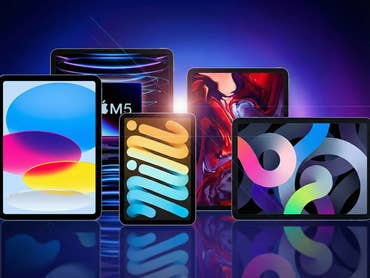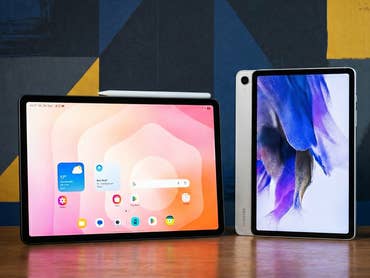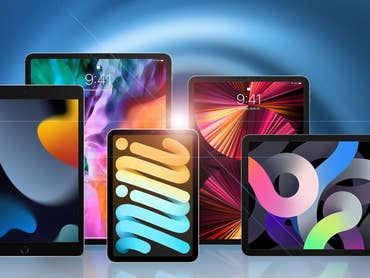Contents
What Is Bluetooth 6.0?
Bluetooth 6.0 was announced by the Bluetooth Special Interest Group (SIG) in August last year. It’s a next-generation wireless standard designed for a wide range of devices, from smartphones and headphones to smart home appliances. It succeeds Bluetooth 5.0 and its sub-versions, which have been around for years.
What Are the Advantages of Bluetooth 6.0?
The sixth-generation Bluetooth standard brings meaningful improvements in latency, speed, tracking, and power efficiency.
Better Sound, Reduced Lag
One of the biggest upgrades is latency. Bluetooth 6.0 can deliver ultra-low latency down to 7 ms, several times faster than the average delay in most wireless headphones, and even quicker than many proprietary protocols. This results in near-lossless audio quality when streaming between devices.
The first codec to support this is LC3Plus, a newer, more advanced version of the LC3 codec. It promises up to 96 kHz sampling rate and 32-bit depth, though devices with LC3Plus support haven’t launched yet. Once they do, adoption is expected to ramp up quickly.
Bluetooth 6.0 also enhances LE Audio, meaning these benefits will extend to the low-energy audio standard used in earbuds, hearing aids, and more.
Precise Finding Without Extra Hardware
Bluetooth 6.0 introduces Channel Sounding, a feature that enables ultra-precise location tracking using Bluetooth radio waves. It offers up to 10 cm accuracy, rivaling Ultra-Wideband (UWB), which typically achieves around 5 cm. Unlike UWB, Channel Sounding doesn’t require a separate chip, making it easier and cheaper for manufacturers to implement.
Longer Battery Life for Headphones and Phones
Bluetooth 6.0 is significantly more efficient than previous versions. It uses Frame Space Optimization to dynamically manage power usage, which could translate to longer battery life for both smartphones and audio devices.
Which Smartphones Support Bluetooth 6.0 Apart from Pixel 10?
While the Snapdragon 8 Elite was among the first chipsets to support Bluetooth 6.0, adoption remained slow. The arrival of the Pixel 10 series changes this. These devices mark a major milestone for Google, becoming the first smartphones to ship with the standard in the U.S.
Here’s the current list of Bluetooth 6.0-ready smartphones:
- Google Pixel 10
- Google Pixel 10 Pro (XL)
- Google Pixel 10 Pro Fold
- Sony Xperia 1 VII
- OnePlus 13 (variant dependent)
- OnePlus 13S (variant dependent)
- Xiaomi 15
- Xiaomi 15 Ultra
- Poco F7 Ultra
Samsung’s Galaxy S25 Ultra, despite using Snapdragon 8 Elite chipset, stuck with Bluetooth 5.4. However, the Galaxy S26 is expected to be Samsung’s first Bluetooth 6.0-enabled device. Apple’s upcoming Phone 17 and iPhone 17 Pro are also expected to support the standard out of the box.
So far, only Edifier’s wired Doo Ace 2 headphones are confirmed to support Bluetooth 6.0, though more models are expected soon.
Are you impressed by Bluetooth 6.0? Do you think it’s a standout feature in the Pixel 10 that could sway your next upgrade? Let us know what you think.
We mark partner links with this symbol. If you click on one of these links or buttons–or make a purchase through them–we may receive a small commission from the retailer. This doesn’t affect the price you pay, but it helps us keep nextpit free for everyone. Thanks for your support! Prices are based on the date of publication of this article and may be subject to change.




